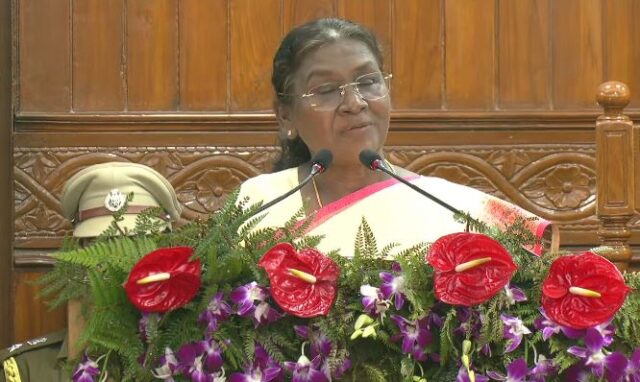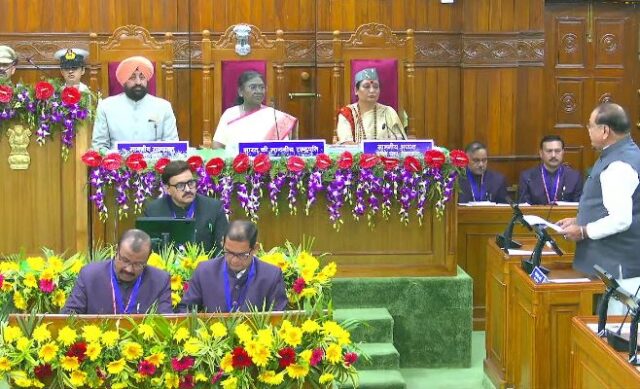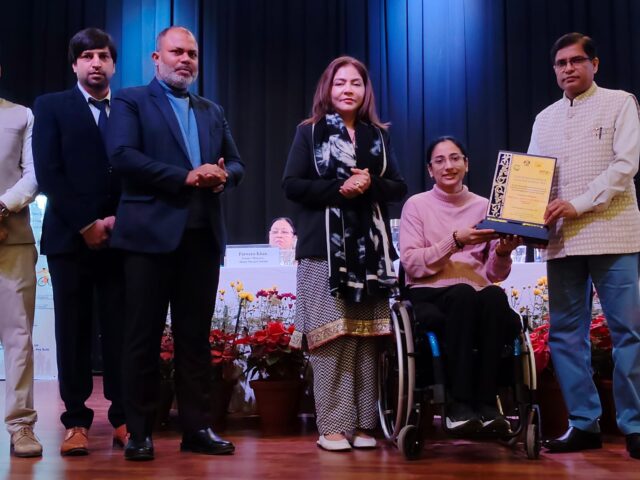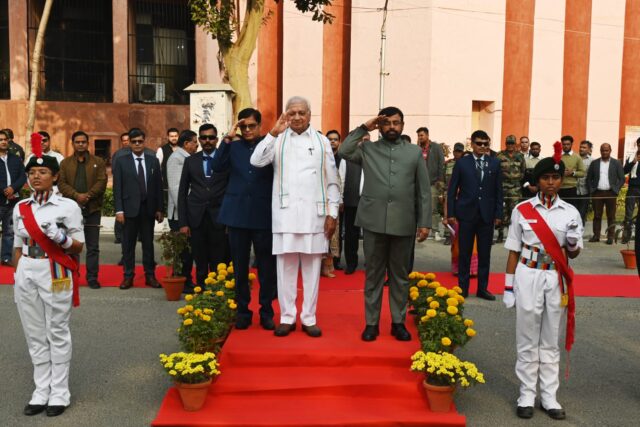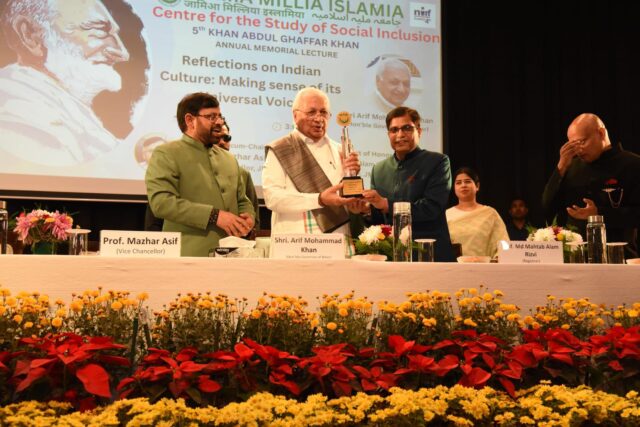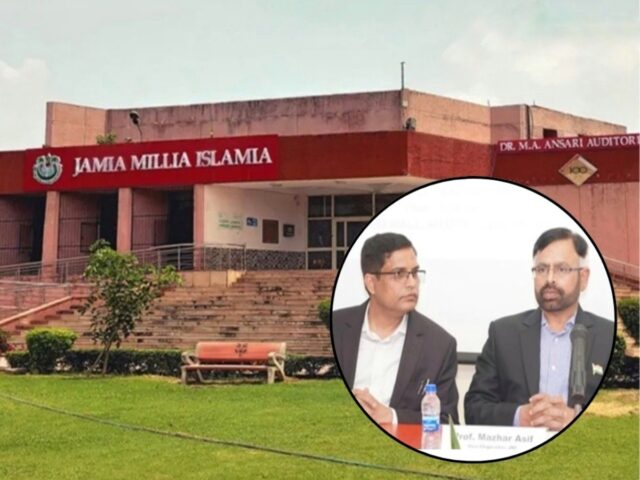‘Abolition of Waqf Act will benefit the forcible occupiers’: Supreme Court said on the petition
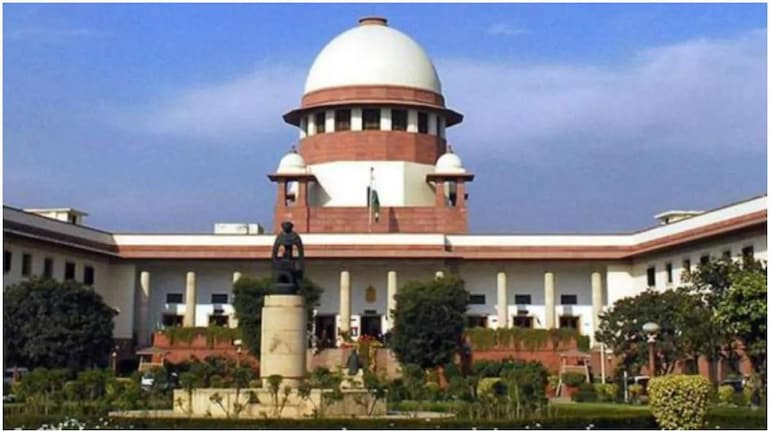
The Supreme Court has raised questions on the petitioner regarding the petition challenging the Waqf Act. A bench headed by Justices KM Joseph and Hrishikesh Roy asked petitioner BJP leader and lawyer Ashwini Upadhyay, “Do you know who will benefit the most by scrapping the Waqf Act? Illegal forcible occupants of Waqf property will be of maximum benefit.
Justice Joseph said that I was shocked by this allegation made in the petition, because you have written that the member of the tribunal will also make his official decisions according to his religious beliefs. You must remember that Waqf is a statutory body, but it does not own all the land. We should think about this beyond religious boundaries. If we repeal this law, those who run the waqfs will be free.
The court asked, is it necessary for us to hear such petitions under Article 139(a)? Is there anything against equality i.e. non-equality in the Waqf Act? The encroachers will be very happy if this argument is heard by you. If you get the Waqf Act abolished, then people who have Waqf will run freely. The last one who laughs will be the transgressor.
The judge said that we are of the opinion that the Waqf Act brings in the rules. How can you allege discrimination? I feel sorry that you have named it in the name of religion, we should talk beyond this. Talks are going on in some sections of the media on the basis of some misunderstanding. Completely misunderstanding, we have compiled a list of state laws on Hindu Endowment. They have provisions which say that the member must follow the Hindu religion.
Court said, let me express my shock that we should say, we have a tribunal and if a person is appointed, that person will decide on the basis of religion? How can this be said? Forget the religion of the person who is going to become a member of the religion. The moment a person sits on the judicial platform, he does not look at religion.
Justice Joseph drew Upadhyay’s attention to the provisions of various state laws on Hindu religions, which mandate that the board members must be Hindus. After these arguments, the petitioner sought two weeks’ time for consideration. Because they have only raised questions on the process and qualifications of the formation of Waqf Board. Nothing has been said for the Tribunal. Petitioner’s counsel Ranjit Kumar said that he will consider the questions raised by the bench and come back.
Justice M Joseph’s remarks came while hearing a petition filed by advocate and BJP leader Ashwini Upadhyay challenging the constitutional validity of the Waqf Act, seeking transfer of his petition filed in the Delhi High Court to the Supreme Court. Upadhyay argued that it can be heard along with 55 petitions pending in the SC, raising an issue as to whether every charitable trust set up by a person professing Islam is essentially a waqf.
The remarks came after senior advocate Ranjit Kumar, appearing for Ashwini Upadhyay, argued that it should be applicable to all religions. The next hearing will be on October 10.


